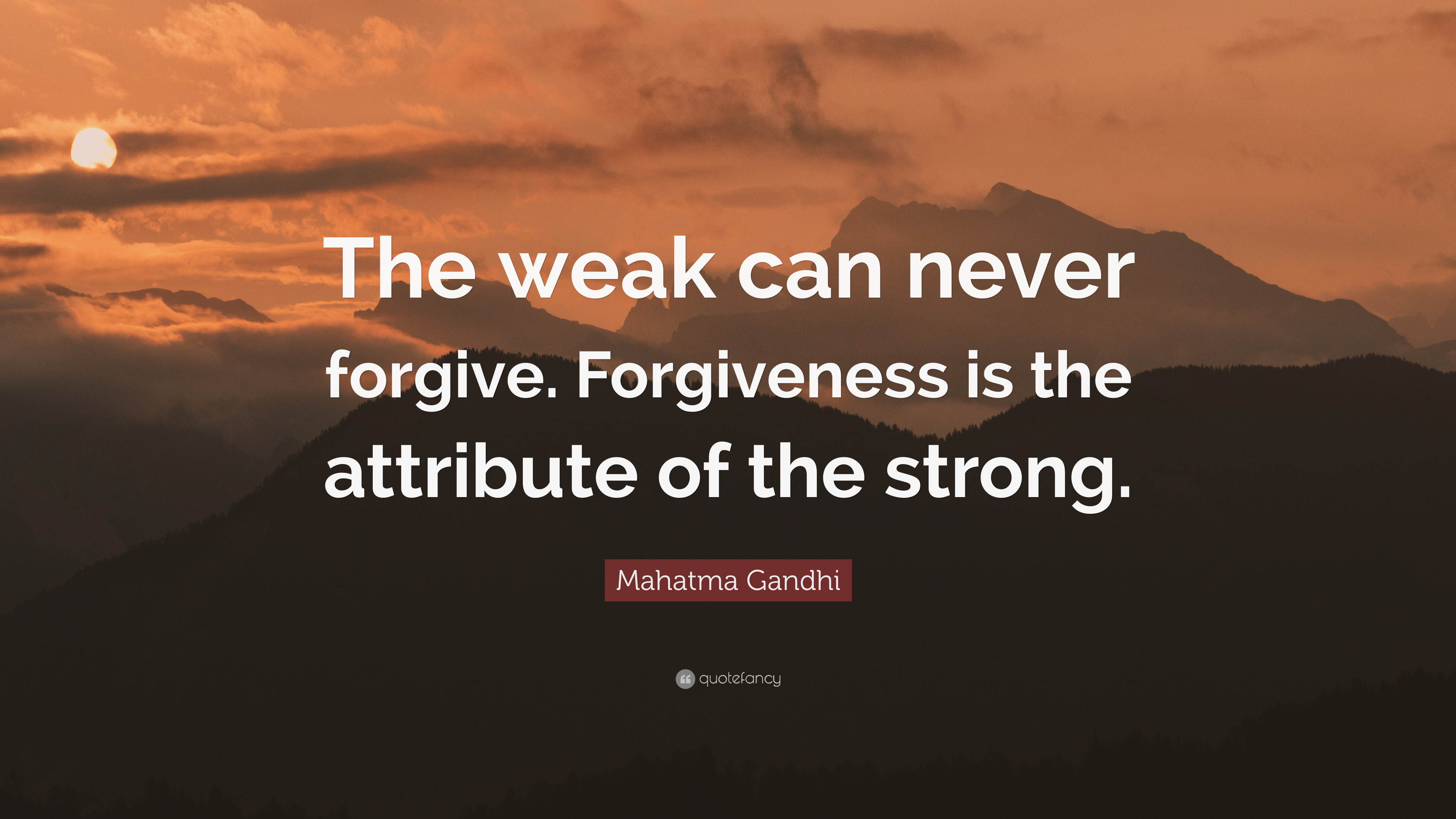 “Life is an adventure in forgiveness.” – Norman Cousins
“Life is an adventure in forgiveness.” – Norman Cousins
Forgiveness can lead to healing and peace for all involved. Research shows that people who forgive are happier and healthier than those who hold resentments. Forgiveness can bring about lower stress hormones, strengthen the immune system, lower blood pressure, and reduce gastrointestinal and other body pains. But what is forgiveness?
Forgiveness is
- A feeling of peace
- Intentional and voluntary
- A process, rather than an event
- For you, not the person who hurt you
- A change in feelings and attitude regarding an offense
- An abandonment of negative emotions such as vengefulness,
Forgiveness is not
- Forgetting (removing awareness of the offense from consciousness),
- Condoning (failing to see the action as wrong and in need of forgiveness)
- Excusing (not holding the offender as responsible for the action)
- Reconciling with the offender
- Mandatory
Frederic Luskin, PhD, director of the Stanford University Forgiveness Project, has outlined 9 steps to take once you have decided to forgive:
- Know exactly how you feel about what happened and be able to articulate what about the situation is not OK. Then, discuss this with some you trust.
- Make a commitment to yourself to do what you have to do to feel better.
- Forgiveness is for you and not for anyone else. Forgiveness does not necessarily mean reconciliation with the person that hurt you or condoning of their action. What you want is to find peace. Forgiveness can be defined as the “peace and understanding that come from blaming that which has hurt you less, taking the life experience less personally, and changing your grievance story.”
- Get the right perspective on what is happening. Recognize that your primary distress is coming from the hurt feelings, thoughts and physical upset you are suffering now; not what offended you or hurt you two minutes – or ten years – ago. Forgiveness helps to heal those hurt feelings.
- When you feel upset practice a simple stress management technique (e.g., deep breathing) to help soothe your body’s fight or flight response.
- Give up expecting things from other people, or your life, that they do not choose to give you. Recognize the “unenforceable rules” you have for your health or how you or other people must behave. Remind yourself that you can hope for health, love, peace and prosperity and work hard to get them.
- Put your energy into looking for another way to get your positive goals met than through the experience that has hurt you. Instead of mentally replaying your hurt seek out new ways to get what you want.
- Remember that a life well lived is your best revenge. Instead of focusing on your wounded feelings, and thereby giving the person who caused you pain power over you, learn to look for the love, beauty and kindness around you. Forgiveness is about personal power.
- Amend your grievance story to remind you of your heroic choice to forgive.
Reference: Luskin, F. (2002). Forgive for Good. New York, NY: HarperCollins.